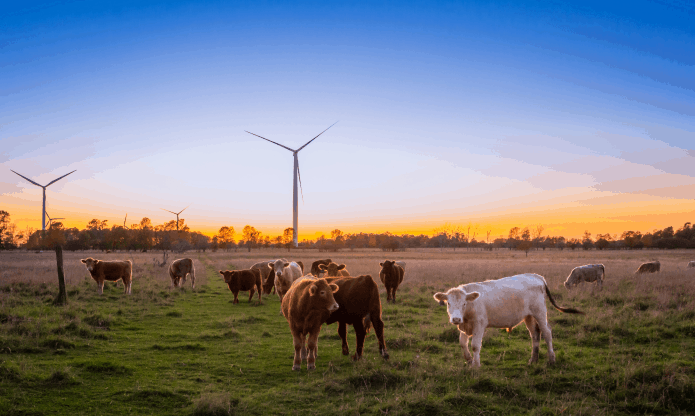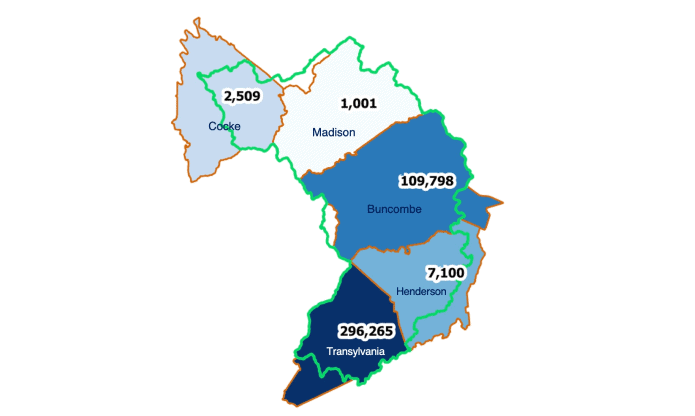Natural Cycles
Focal points for legislative action

Many of us are aware that economic growth has increased global population and resource use to unsustainable levels. Compelling evidence from many prominent studies shows that human demand for basic resources has crossed the sustainability threshold of Earth’s ecosystems. For example see the following:
- The Economics of Biodiversity, Sir Partha Dasgupta (2021)
- Report of the Intergovernmental Panel on Climate Change,
United Nations (2019) - Doughnut Economics, Kate Raworth (2017)
- Big World, Small Planet, Johann Rockström (2009)
- Global Footprint Network (ongoing)
These reports demonstrate the extent to which our planetary limits have been breached. Yet they offer the public no real framework for resolving the critical imbalances. The scope for addressing them is either too large (international organizations and nation-States), too small (cities), or too focused on self-appointed individuals (scientists, members of civil society and business) to manage these conditions equitably and sustainably.
While we wait for our communities to develop their own ownership and management of basic resources, ecosystems are collapsing all around us. The human activities of urbanization, deforestation, fossil fuel combustion, greenhouse gases, fertilizers, plowing, irrigation, dams, reservoirs and toxic discharge are rapidly degrading the places we inhabit.
National governments and corporations are ill-equipped to manage these crises within their districts and markets. Yet each of us could have a positive impact on the atmosphere, water, soil and underground areas where we live, if we understood these basic natural cycles:
- The nitrogen cycle impacts our food supply
- The hydrological cycle impacts our water supply
- The carbon cycle impacts our energy supply






Through these circular processes we can better understand how food, water and energy support human life and provide for our self-sufficiency. We can do a lot to restore and renew the productive capacity of our resources by aligning with our ecosystems.
We start by recognizing the appropriate scale for measuring our capacity to produce and access the food, water and energy that exists in the place we call home, where our knowledge of resources is based on regional ecology, culture and history.
EDA believes that bioregions are the optimal areas for meeting our basic needs and generating well-being, based on the vital resources that are produced and distributed there. Bioregional communities are where we have first-hand experience, where our voices are heard and where we develop our self-sufficiency as a place-based community.
Regional communities are just beginning to develop an identity around the skeletal and connective tissue that links our urban and rural systems. We are still learning to sense and express the intrinsic value of the geology, topography, climate, soil, hydrology and watersheds, agriculture and flora and fauna of our regional areas.
Yet this is what gives bioregional communities their rising political power. The food, water and energy of the bioregion where we eat, work and sleep are focal points for legislative action that the eminent reports neglect.
EDA supports bills that lead to:
- equitable resource distribution within regional communities
- restoring the health and resilience of ecosystems
- building regenerative economies over time
In order to develop and support advocacy for these regional systems, we measure their carrying capacity.
EXPLORE OUR RESOURCES
What is carrying capacity?

Research activities

GIS maps

Sustainable solutions for food, water, energy

our other programs
Sign up for our newsletter
EDA News is a quarterly publication that includes updates on our activities, feature stories, events, comments from members and reviews of articles from other sources. Read back issues of the newsletter.
